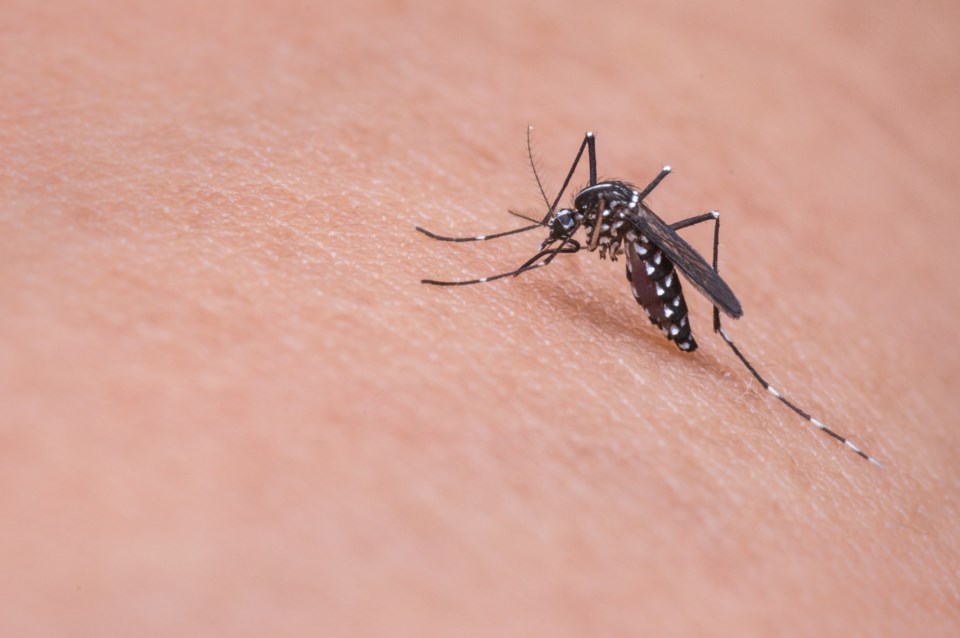Weld County announced on July 7 that two out of three Weld County mosquito trap zones have tested positive for West Nile Virus (WNV). Greeley, Evans, Kersey, and LaSalle comprise the first zone and Johnstown, Milliken, and Platteville comprise the second zone that tested positive for WNV. The third zone that is comprised of Firestone, Dacono, and Fort Lupton did not test positive.
According to the Weld County Health Department, there are no current human cases of WNV in the county, but that is expected to change. Culex mosquitos are carriers of WNV and populations typically rise during the higher temperatures of July and August.
“The increasing hot weather often leads to favorable conditions for the Culex mosquito that carries West Nile virus,” said Jason Chessher, Executive Director of the Weld County Health Department. “The public needs to be vigilant, because West Nile Virus has a permanent summer presence in Colorado.”
The majority of people who become infected with WNV are asymptomatic, but symptoms can begin three to 14 days after infection. Symptoms may include fever, headache, nausea, vomiting, muscle aches, weakness, and rash. There are no medications or vaccines for treatment or prevention of WNV infection. The Weld County guidance states that anyone who experiences symptoms of WNV should see a healthcare professional immediately.
Health officials recommend draining any sitting water that is sitting around your house or property and wearing an insect repellant like DEET, picaridin, lemon eucalyptus oil, IR3535, or para-menthane-diol. Officials also recommend avoiding outdoor activities during dawn or dusk and dressing in long-sleeve shirts and pants during these times when mosquitos are most active.
Colorado had a significant outbreak in 2023 with 631 cases, nearly 400 hospitalizations, and 51 deaths, which was the most in the nation that year. In 2024, Colorado had a mild WNV season with only 76 cases state-wide, 24 hospitalizations, and zero deaths.



